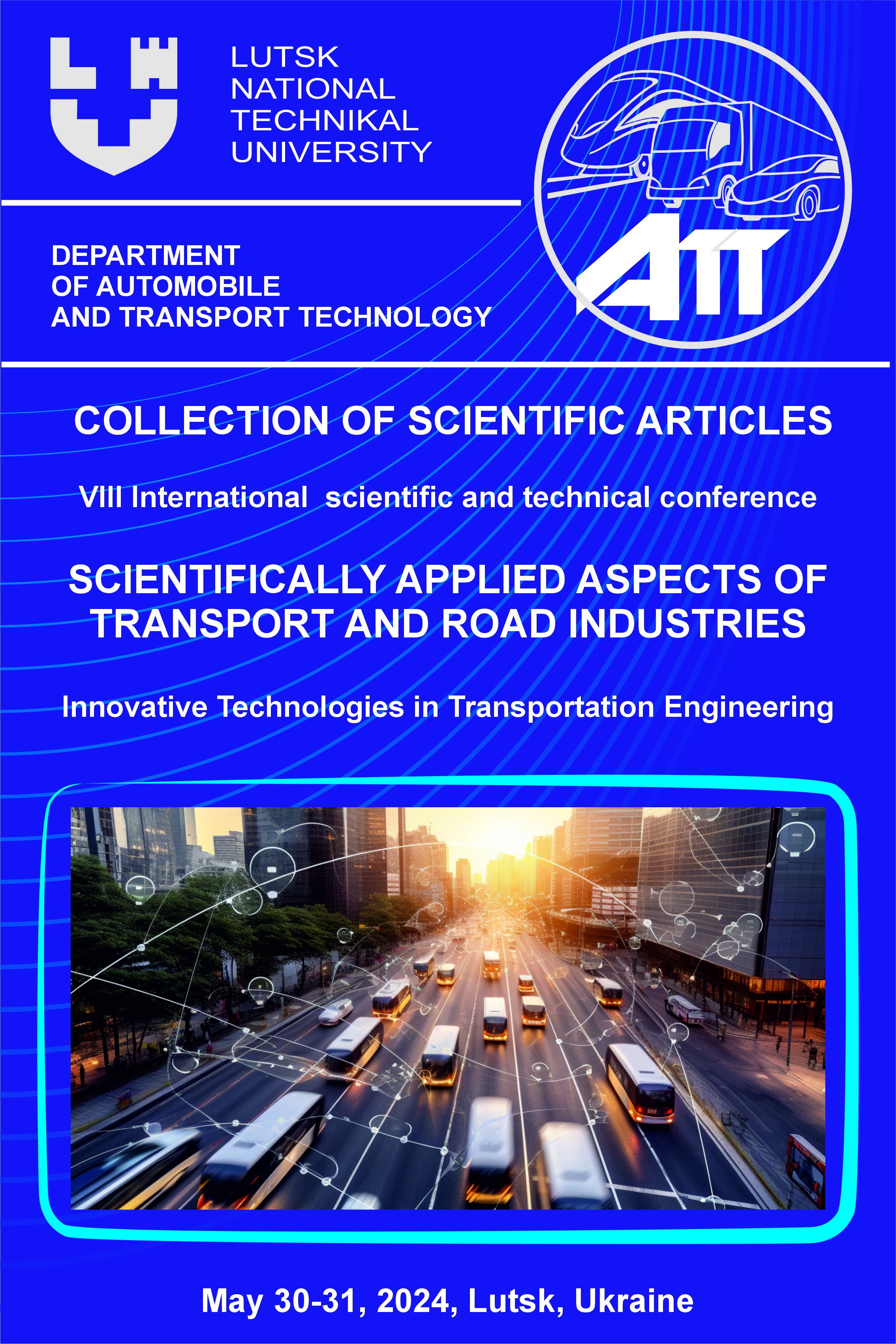ELECTRIC VEHICLE BATTERIES AND CHARGING INFRASTRUCTURE: CHALLENGES AND OPPORTUNITIES
Анотація
In today's world, as we move towards more sustainable and environmentally friendly transportation, electric vehicles are becoming a centerpiece. The article "Electric Vehicle Batteries and Charging Infrastructure: Challenges and Opportunities" analyzes the current state and prospects for the development of electric vehicle batteries and charging infrastructure.
The purpose of the article is to highlight the problems associated with charging infrastructure, the use of different types of batteries for the development of the electric vehicle sector and ways to solve them. The article explores the current battery technologies used in electric vehicles, in particular lithium-ion batteries, and points out the advantages and disadvantages of each type. By comparing energy density, charging speed, and service life, the article helps to understand which batteries may have advantages in the electric vehicle market in the future. The main motivations for the transition to electric vehicles are to reduce emissions of harmful gases, attract renewable energy sources and reduce dependence on oil resources. The research is based on key aspects of the introduction of electric vehicles: improvements in battery technology to ensure greater efficiency and durability; the need to develop an efficient and affordable charging infrastructure for electric vehicles; the importance of fast charging for convenience and efficiency, and to reduce charging waiting times, making electric vehicles more attractive to users; and the development of battery recycling and reuse systems.
The article examines the challenges associated with the development of charging infrastructure. It analyzes issues such as the limited availability of charging stations, different charging standards, and the efficiency of existing networks. In addition, the article highlights strategies that can be used to overcome these challenges, such as incentivizing infrastructure development and standardizing charging connectors. The economic and environmental benefits of the transition to electric transport and the need for joint efforts by governments, manufacturers, and infrastructure companies to overcome the challenges and ensure the sustainable development of this industry are discussed. Overall, the article provides an in-depth overview of the current state and prospects for the development of key components of electric vehicle infrastructure, contributing to the understanding and resolution of the challenges associated with the transition to more sustainable and environmentally friendly transportation.
As a result of further research, a conceptual approach to innovation and investment in the development of batteries for electric vehicles and charging infrastructure is proposed to overcome current challenges. The practical implications of the research findings for the transport industry are in the recommendations provided to facilitate cooperation between all stakeholders and are essential to achieving success.
Keywords: electric vehicle, charging infrastructure, electric vehicle battery, charging stations, electric energy.

